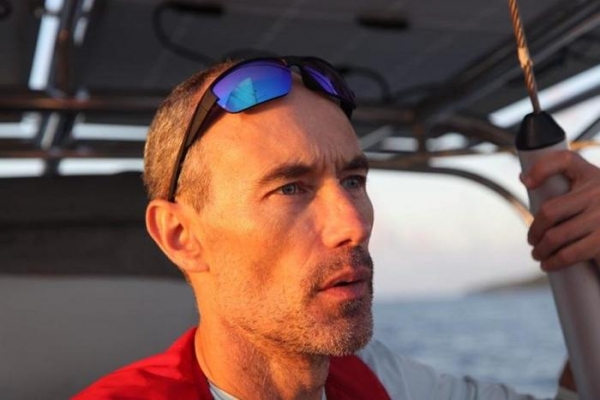Central features of human evolution may stop our species from resolving global environmental problems like climate change, says a new study led by the University of Maine.
Humans have come to dominate the planet with tools and systems to exploit natural resources that were refined over thousands of years through the process of cultural adaptation to the environment. University of Maine evolutionary biologist Tim Waring wanted to know how this process of cultural adaptation to the environment might influence the goal of solving global environmental problems. What he found was counterintuitive.
The project sought to understand three core questions: how human evolution has operated in the context of environmental resources, how human evolution has contributed to the multiple global environmental crises and how global environmental limits might change the outcomes of human evolution in the future.
Read more at: University of Maine
Photo of Tim Waring (Photo Credit: Tim Waring)


